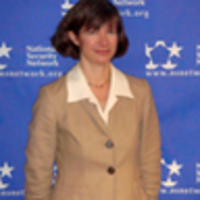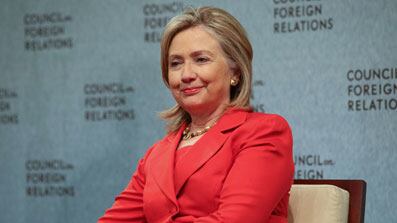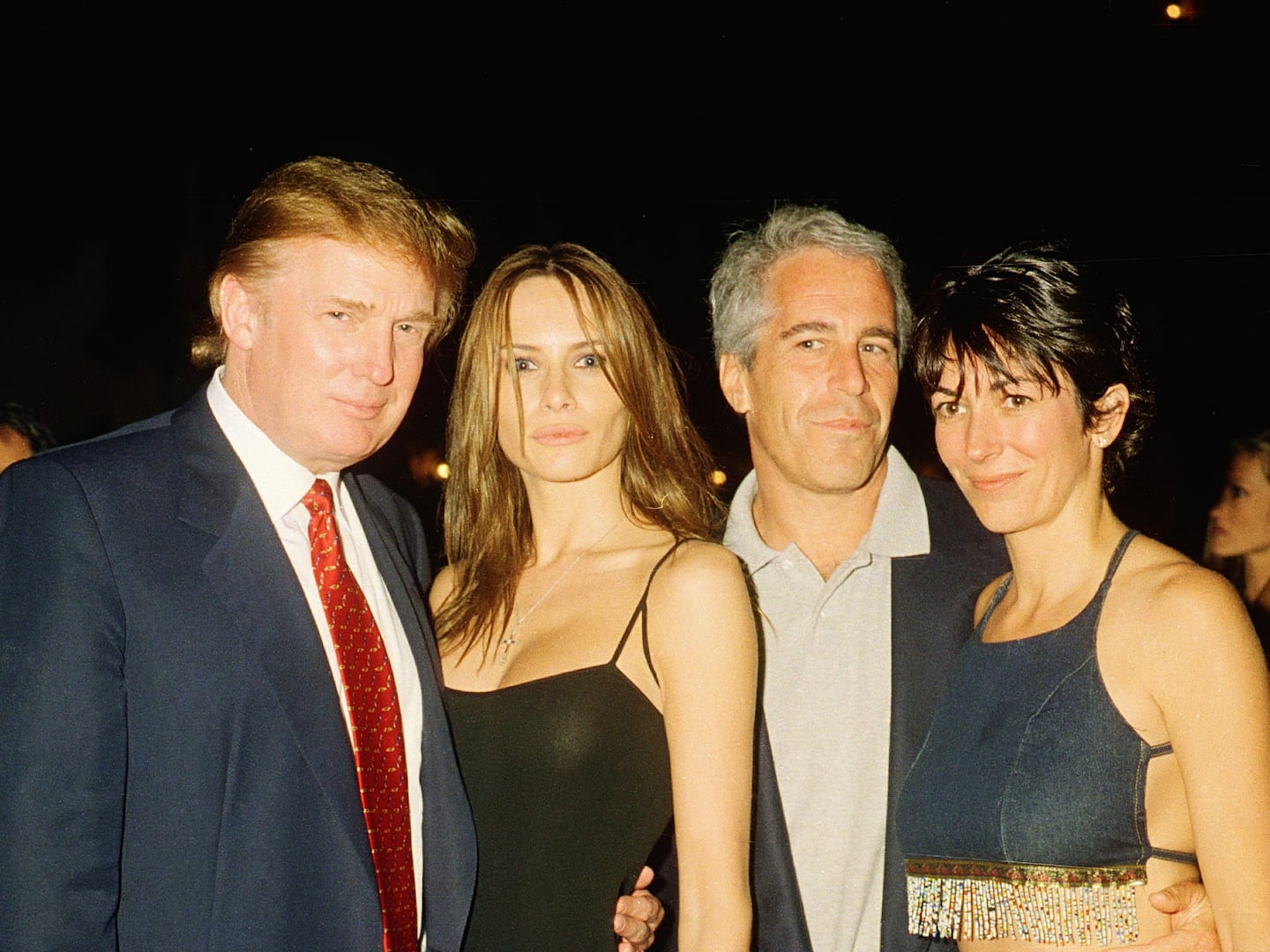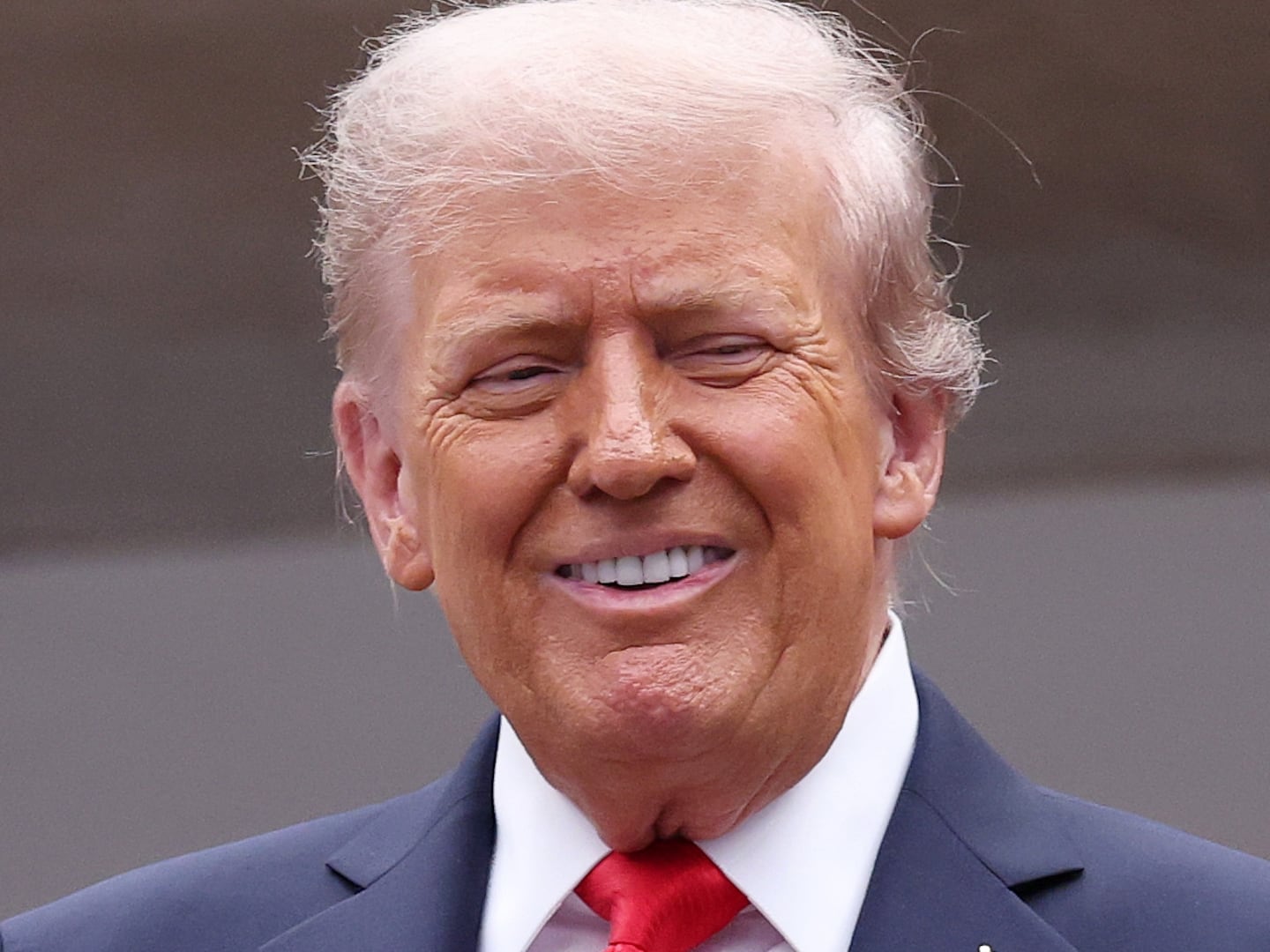Clinton’s speech to the Council on Foreign Relations Wednesday skipped the poetry and got down to the business of foreign policy. Heather Hurlburt on Hillary's success.
All the DC chatter about Hillary Clinton “ finding her groove” running the Middle East peace talks makes it sound as though she’s gunning for the Eat Pray Love treatment in 10 years. But Secretary Clinton’s speech at t he Council on Foreign Relations today was about as far from a sunny tale of personal empowerment as you can get. It was one of those long-on-policy, relentless on specifics, crammed-to-the-gills speeches that the Secretary loves to give (and that, full disclosure, I used to help out with). The Foggy Bottom parlance for them is round-the-world speeches, and we’re not talking New York-Thailand-Italy.

If, as Mario Cuomo said, we campaign in poetry but we govern in prose, today’s speech was a prose translation of then-candidate Obama’s soaring rhetoric about “engagement.”
• Tunku Varadarajan: Hillary’s Home Run of a Speech
Engagement, which she called “the day-to-day work of diplomacy,” turns out to be unphotogenic and, in an age accustomed to embedded reporters and battleship press conferences, devoid of short-term satisfactions. Where are the photos of supplies flowing smoothly over Russia into Afghanistan because of the US-Russia “reset?” Or photos of advanced European imports not flowing to Tehran because of new sanctions? Or a graphic of the stock market not collapsing because the newly-empowered Group of 20 major economies staved off global collapse, with the U.S. in the lead?
Clinton’s speech makes the case, in the best diplomat-ese, that a “new international architecture of cooperation” lies behind mere photographs: British and German troops sharing the burden in Afghanistan; a UN mission that took hundreds of casualties in the Haitian earthquake but has remained there at full strength to provide law enforcement and help conduct elections this fall; more than 40 nations making specific new commitments to keep nuclear weapons and materials secured from possible terrorist theft or use.
She made reference–as such speeches inevitably must–to the illustrious example of the post-World War II generation of Americans, who farsightedly built the UN and other institutions that brought us decades of global leadership and prosperity. I wonder how Truman, Marshall, and others would have fared at explaining the Marshall Plan on Twitter. They too faced political opposition, bigotry and isolationism–far more than we do today when, although you’d never know it from cable, majorities of Americans continue to support the propositions that we must use all the instruments of our national power, talk to our enemies as well as our friends, and make common cause with other nations instead of forever trying to go it alone.
It’s that set of commonsense propositions that candidate Obama promised–and that, in this early winter of Democratic discontent, Secretary Clinton has been sent out to deliver a progress report on. The news isn’t perfect. It isn’t time for a victory lap. But it is a down payment on the process of moving those principles from the campaign promises of one man to the core set of ideas that animate our bureaucracy, our diplomats overseas, and our national security establishment. Those ideas, instead of burning Korans and anchor babies, belong at the center of our public discussion and debate. Clinton can put them there because she truly believes them–and because she now enjoys the high public support that matches, by the way, public support for those commonsense, non-ideological propositions about the U.S. in the world.
As I finished this piece, a colleague pointed out that Eat Pray Love failed to beat The Expendables at the box office opening weekend. Life doesn’t always imitate art. Washington is well-aware that, over the next few months, we’re going to find out who is expendable–and it won’t be Hillary Clinton.
Heather Hurlburt is the Executive Director of the National Security Network and a recovering speechwriter, who worked for President Clinton, two Secretaries of State, and numerous others.






